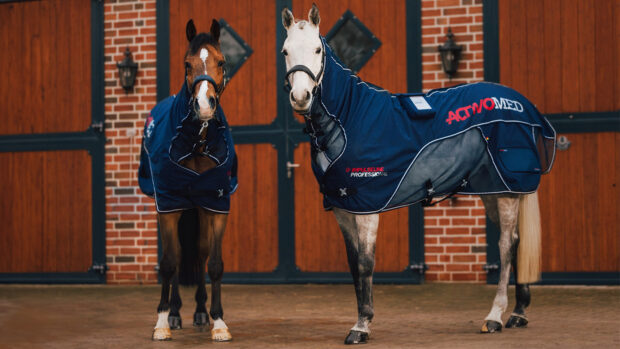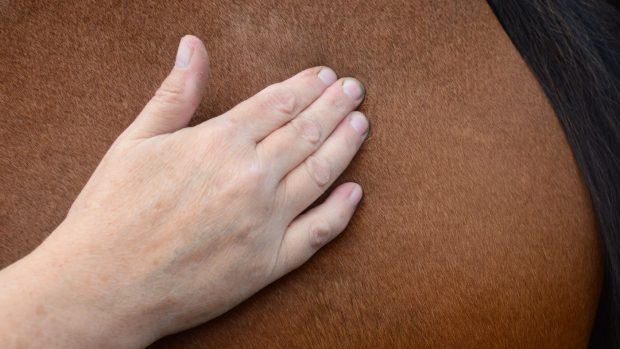As any rider who has enjoyed a sports massage will tell you, having sympathetic hands working over your aching limbs and back brings instant relief and relaxation. Now horses can also benefit, according to international sports massage instructor Debranne Pattillo.
“Equine massage is the hands-on application for accessing the overall condition of the horse and relieving tense, tight and sensitive muscles,” Debranne explains.
“Since horses can’t communicate verbally, the body worker has to have good horse sense and skills to be able to assimilate the horse’s response and work sympathetically where needed.”
Equine sports massage, which is a development of traditional grooms’ methods, concentrates on muscles that are unable to release themselves. Often, muscle sensitivity is a symptom of other orthopaedic-type issues, injuries or illnesses. Sometimes, excessive use of a muscle can prevent a muscle from functioning properly.
“Horses which work and play hard are most susceptible. Sports such as racing, eventing and endurance tend to have a large amount of injuries. Because most of these horses enjoy their job, they often perform without showing discomfort until it is too late.
“Most soft tissue problems are accumulative, except when affected by trauma, accidents or illnesses. If all owners and trainers learned howto access the overall condition, they might be able to pick up on these problems when they are subtle, and call the vet in for a diagnosis.
According to the experts, horses in pain will often adapt their movement, developing a new way of going to accommodate the discomfort. A horse that is protecting a sore muscle will force others to overwork to compensate thereby losing his freedom of movement. This may result in a drop in performance, a behavioural issue or a physical problem.
“Our aim is to restore the horse’s freedom of movement by reducing the resistance to motion. Skilled body workers can detect and act on subtle changes at an early stage, maintaining a horse’s performance level,” says Debranne.
Although it is the body worker’s job to recognise the symptoms of muscular pain, massage can also help healthy horses.
“Incorporating massage into a regular training programme is beneficial,” says Debranne. “It has recently been proved scientifically that massage can increase the range of motion. In a healthy, sound horse, that means enhanced movement, which is essential to the disciplines requiring elegance, strength and style, such as dressage.
“Increased range of motion also means better stamina, which benefits racing and endurance. If you can imagine even a minor lengthening of the stride of a racehorse, think how many lengths that would be by the end of the race.”
Debranne believes that although equine massage is never a substitute for veterinary medicine, it can make a difference in the health and performance of a horse and also help to encourage a more productive life.
“It’s just another tool in the box for the horse’s wellbeing,” she says.



